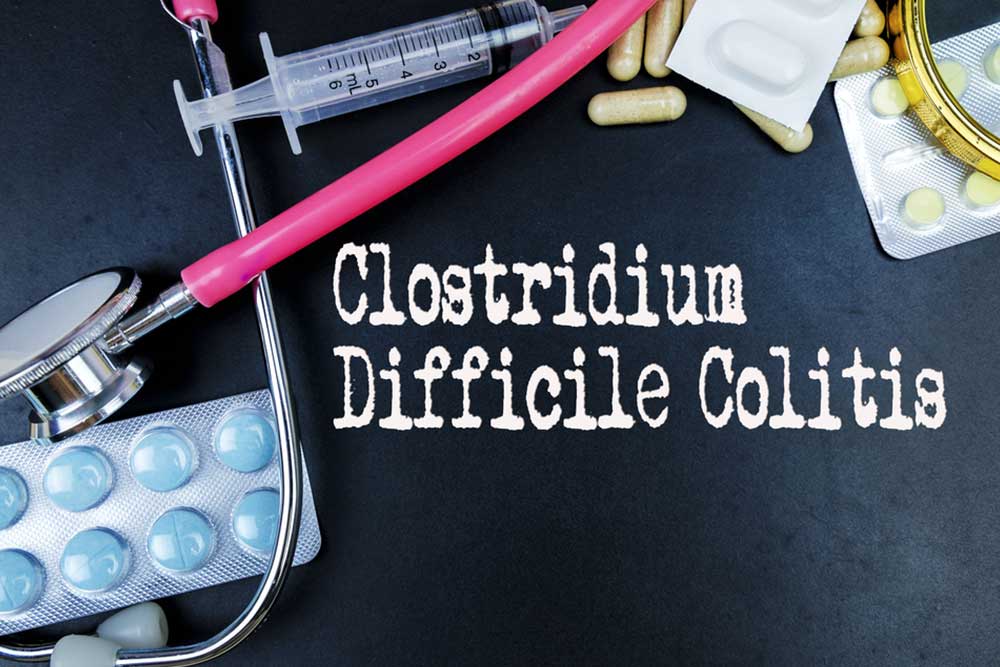Understanding Diarrhea: Causes, Symptoms, and Prevention Strategies
This article provides a comprehensive overview of diarrhea, including its causes, symptoms, and effective prevention methods. It highlights dietary tips, when to seek medical help, and the importance of gut health. Learn how infections, chronic conditions, and lifestyle factors contribute to diarrhea, and discover practical advice to maintain digestive well-being. Ideal for those wanting to understand and manage this common digestive issue effectively.
Sponsored

Diarrhea is one of the most prevalent health issues worldwide, impacting nearly two billion people annually. It ranges from a temporary, mild condition to a severe, life-threatening illness. Characterized by frequent, watery stools, diarrhea is often caused by infections from bacteria, viruses, or parasites. Chronic cases may stem from inflammatory bowel diseases like ulcerative colitis or Crohn’s disease.
Preventive measures include proper nutrition and probiotics. Continue reading to learn more about this common digestive problem.
Primary causes of diarrhea include:
Infections of the gastrointestinal tract: Bacteria, viruses, and parasites are common culprits. In many cases of acute diarrhea, bacteria such as Salmonella, Shigella, Campylobacter, and E. coli are responsible.
Microscopic colitis: A persistent form affecting mainly older adults, often worsening during nighttime.
Malabsorptive and maldigestive conditions: Diseases like Celiac disease impair nutrient absorption, leading to diarrhea.
Prolonged infections: Often linked to travel or antibiotic use, involving various pathogens.
Medication side effects: Certain drugs, especially antibiotics, may induce diarrhea.
Hormonal disorders: Conditions like carcinoid tumors or Addison’s disease can cause gastrointestinal disturbances.
Cancer: Some gastrointestinal cancers produce neoplastic diarrhea.
Symptoms of diarrhea include:
Watery and loose stools
Abdominal cramps and pain
Blood in the stool
Fever and chills
Nausea and bloating
Urgent need to defecate
Diet and lifestyle tips to prevent diarrhea:
Eat mashed bananas, which help soothe the digestive system.
Consume probiotic-rich yogurt to restore gut flora.
Include plain, boiled white rice in your meals.
Eaten peeled boiled potatoes for gentle digestion.
Opt for oatmeal and rice porridge to ease symptoms.
Foods to avoid during diarrhea:
Refrain from dairy products, except probiotic yogurt.
Avoid greasy, fried, and spicy foods.
Steer clear of alcohol and caffeine from coffee, tea, or chocolates.
Limit consumption of sugary and caffeinated beverages.
When to see a healthcare professional:
If there are six episodes of diarrhea or three episodes of vomiting within 24 hours in infants below 1 year.
Persistent diarrhea, dehydration, weight loss, or visible blood in stools in adults warrant medical attention.
After surgery, if diarrhea occurs, consult a doctor.
Severe symptoms impacting sleep or ongoing illness should also be evaluated by a healthcare provider.






